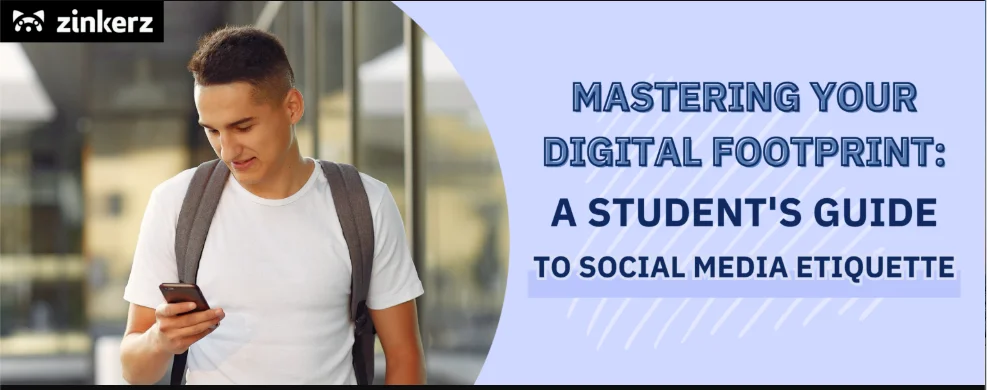Social media has become one of the most common ways to communicate with friends and family. This is especially true for college students. But social media is more than just a communication tool. Users can create businesses and brands directly from social platforms. It also serves many purposes, such as marketing, advertising, job hunting, promoting social opinions, and networking.
Risks of Social Media
Although social media has many perks, it can also cause problems. Posts can create trouble with school or the law. Additionally, a negative social media presence can hurt job prospects. Many companies avoid hiring candidates with questionable online profiles. Graduate schools also review applicants’ social media during admissions.
Setting Boundaries for a Positive Experience
An excellent social media presence means setting personal boundaries. The people you follow and what you see in your feed can impact your mental health. By choosing carefully whom you follow, you can create a healthier, more positive social media experience. At Zinkerz, we help you prepare your social media for anything that comes your way.
Social Media Dos and Don’ts for Students
Do Promote Your Achievements
Use social media to share your accomplishments. Highlight both academic and extracurricular successes. Sharing these stories can attract new opportunities.
Do Connect with Classmates and Faculty
Join online groups related to your college or interests. Engage in discussions and ask questions. This helps you learn more and build your network.
Do Make Sure Your Feed Represents You
Remember, employers may check your profiles. Avoid insensitive content related to race, religion, sexuality, or disability. Instead, showcase your true identity and strengths. Social media is a great way to show who you really are to employers and schools.
Do Use Social Media to Learn
Follow accounts related to your field of study. Learn about universities, careers, and campus life. Use social media to stay informed about world news and current events.
Do Be Intentional About Whom You Follow
People you follow reflect on you as well. Avoid accounts that post sensitive or inappropriate content. Follow pages connected to your career and education to find job opportunities and stay updated.
Don’t Post Content with Drugs or Alcohol
Avoid posting photos or videos with illegal drugs or alcohol. Even if you’re of legal age, it can damage your reputation. Be especially cautious if you belong to a fraternity or sorority, as you don’t want to attract negative attention.
Don’t Overshare Personal Information
Never share too much personal information. This includes your address, phone number, or financial details. Oversharing can create safety risks.
Don’t Post Inappropriate or Offensive Content
Always make sure your posts are appropriate. Avoid offensive or discriminatory material. Your online presence affects both your personal and professional reputation.
Remember: Social Media is a Public Forum
Even private accounts aren’t completely private. Someone can screenshot or share your posts. What you think is private may spread widely, affecting your reputation.
In conclusion, your social media presence reflects your personal brand. Use it thoughtfully and responsibly. By doing so, you can enhance your college experience and build a strong, positive online reputation.


